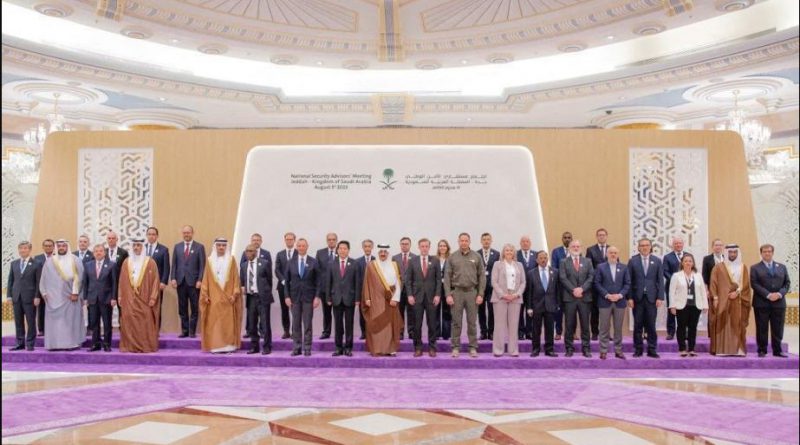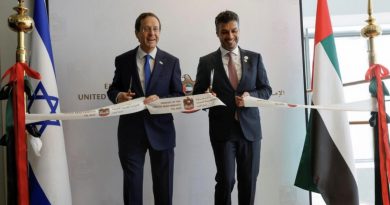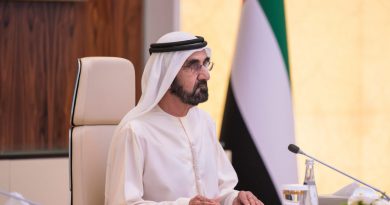Ukraine hails Jeddah talks as blow to Russia, China says it’s staying impartial
(Reuters) – A senior Ukrainian official said on Monday talks about the Ukraine war held in Saudi Arabia dealt a “huge blow” to Russia, while key Kremlin ally China declared it remained impartial in the conflict following its participation in the discussions.
More than 40 countries, including China, India, the United States and European countries, but not Russia, took part in the weekend talks that were seen as an attempt by Kyiv to build a broader coalition of powers to support its vision of peace.
Moscow on Sunday dismissed the talks, aimed at establishing principles for a peaceful end to the war in Ukraine, as a doomed Western attempt to align the Global South behind Kyiv.
But Ukrainian presidential chief of staff Andriy Yermak told a briefing in Kyiv that no other peace initiatives were discussed at the weekend meeting in Jeddah apart from Ukraine’s, and that all countries present at the talks had fully supported Ukrainian independence and territorial integrity.
He added that the participants agreed to hold another meeting of political advisers within about six weeks.
Ukrainian President Volodymyr Zelenskiy has promoted a set of 10 principles that Kyiv wants to serve as the basis for peace to end the full-scale war launched by Moscow in February 2022.
The principles include the withdrawal of all Russian troops and the return of all Ukraine’s territory to its control. Yermak said all the countries present at the talks in Jeddah fully supported Ukrainian independence and territorial integrity.
China’s Foreign Minister Wang Yi told Russian counterpart Sergei Lavrov in a phone conversation China would uphold an independent and impartial position on Ukraine as it strives to find a political settlement to the issue.
Wang’s comments to Lavrov were announced in a Foreign Ministry statement on Monday that said China would be an “objective and rational voice” at any international multilateral forums and “actively promote peace talks”.
The statement came after the ministry said earlier on Monday the talks had helped “to consolidate international consensus”.
China’s attendance in Jeddah signals possible shifts in Beijing’s approach, but not a U-turn in its support for Moscow, analysts said.
China was represented in Jeddah by its Special Envoy for Eurasian Affairs and former ambassador to Russia, Li Hui, who in May toured six European capitals to try to find common ground for an eventual political settlement of the conflict, now in its 18th month.
Beijing has refused to condemn Moscow for the invasion of Ukraine it launched in February 2022. It has offered its own peace plan, which received a lukewarm response in both Russia and Ukraine, while the United States and NATO were sceptical.
In Berlin, the German government said the Jeddah conference was a successful meeting because it showed the willingness of the international community to work towards ending the war.



